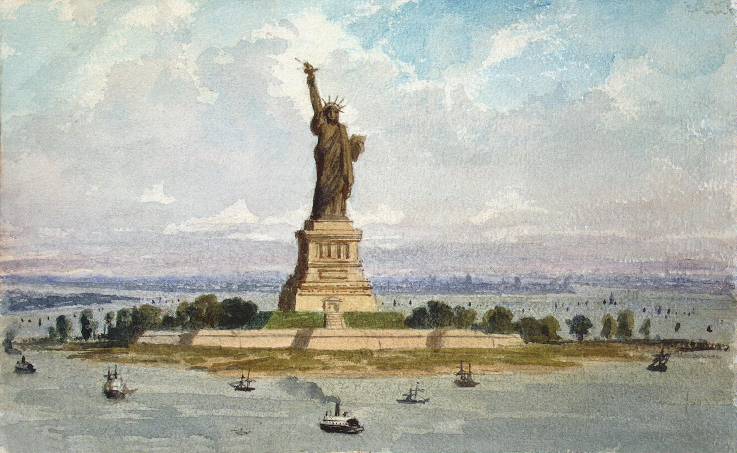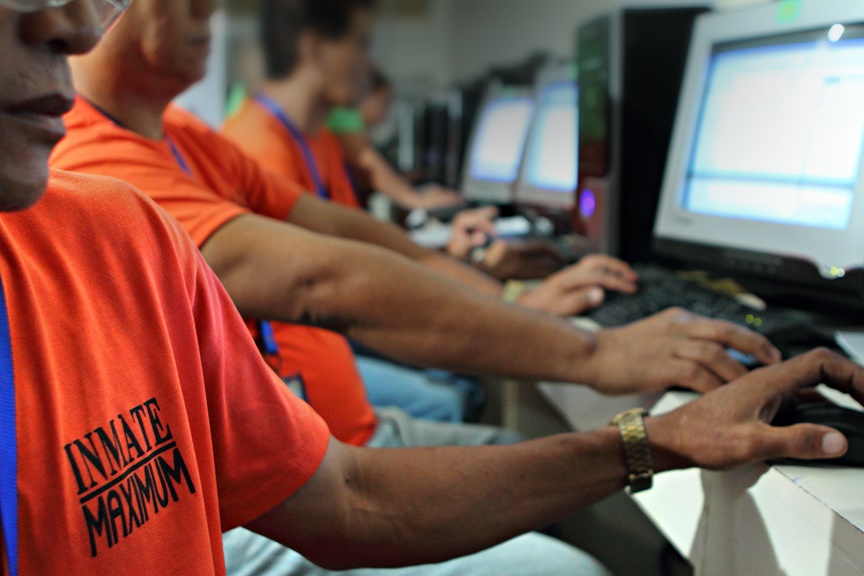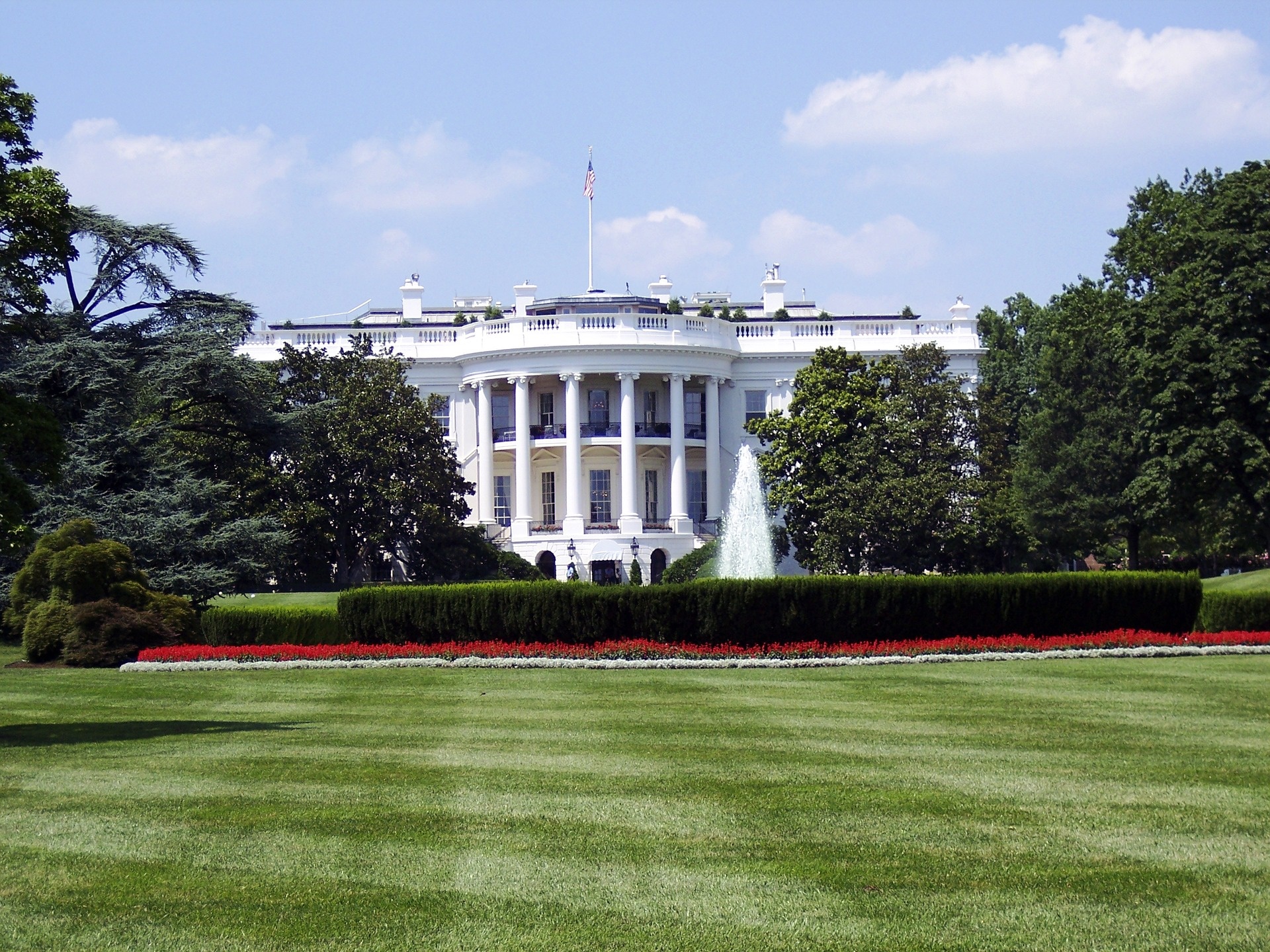How Do We Protect and Preserve Our Liberty?
The U.S. government was established on the foundation that liberty must be protected and preserved from tyrannical forces who would seek to impose their will on the individual.
Thomas Jefferson described the term liberty in the Declaration of Independence as “unobstructed action according to our will within limits drawn around us by the equal rights of others. I do not add ‘within the limits of the law’ because law is often but the tyrant’s will, and always so when it violates the rights of the individual.”
In modern day, liberty is defined as “the state of being free within society from oppressive restrictions imposed by authority on one’s way of life, behavior, or political views.”
Americans talk a lot about how to protect and preserve their liberty. People on both sides of the political aisle wish the same thing — for individuals to be endowed with all their natural rights. The challenge is over what the role of government should be in ensuring it.
For many, liberty means government keeping a light touch on how its citizens conduct their lives, businesses, and associations. Others argue that laws must be enacted to protect small groups of people who would otherwise be restricted to conduct their lives as they wish if left to conform to majority standards.
Self-determination is a key factor. So, is the role of government to ensure that all people are treated equally and free from societal encumbrances, or is the government’s role to guarantee that each individual has basic rights and it is up to the individual to exploit his or her own abilities to their fullest potential? Are these roles in contradiction, and why is it so difficult for the political left and right to agree on how to achieve liberty when they agree that it is a basic endowment?
TPOH explores the role and responsibility of government in ensuring liberty as it impacts Americans’ ability to work, express their faith, conform to regulations and policies, express their personal rights, experience physical security, explore opportunities, and pursue their mental and physical health.

Learn More About “Liberty”

Helping Communities With Large Populations of Ex-Prisoners
Though the U.S. recidivism rate is as high as 50-75 percent within five years, suggesting many of the same people end up in prison more than once, about 650,000 men and women are released from prison every year. They are returned to the communities from where they came with slightly less than what they had when they first went in, except now, they’re stigmatized, have less chance of getting a job, and few skills to keep up with changing educational requirements and work environments.
read more
Taxes are Too High: How Does Reducing Tax Rates Affect You?
President Trump is proposing tax reforms that could include cutting corporate tax rates, reducing individual marginal tax rates, and broadening the tax base. The right mix could generate 3-4 percent growth in gross domestic product, which may not seem a lot, but would...
read more
Want to Be Happy? Pay Less Attention to Politics
I analyzed the 2014 data from the General Social Survey collected by the National Opinion Research Center at the University of Chicago to see how attention to politics is associated with life satisfaction. The results were significant. Even after controlling for income, education, age, gender, race, marital status and political views, being “very interested in politics” drove up the likelihood of reporting being “not too happy” about life by about eight percentage points.
read more
Innovation Not Transformation: A Return to Weapons Technology
While America’s military leaders have been busy with trying to build a strategy of “transformation,” scientists and engineers have been quietly working on some pretty cool weapons technology that sounds like it comes straight out of sci-fi. And though development has been slow to yield applicable products, defense and security policy analyst Tom Donnelly is clearly optimistic about some recent breakthroughs.
read moreMore Stories
Why Drugs Cost So Much, And How to Bring Down the Price
The same goes for the generic drug market. Everyone wants to know that the drugs they put into their bodies are safe and clean and doing the job they’re supposed to do. But generic-drug makers are being held to regulatory standards despite doubts about a proven need for the extra layers of rules. And these extra rules are making it too costly to create lower-priced alternatives to more expensive, brand name drugs.
Freedom in America: A Comparison of Liberty in the 50 States
Because America is built on competition, and nothing spurs competition more than interstate rivalries, especially state-by-state comparisons of individual freedom, the CATO Institute has just released its new report Freedom in the 50 States, and it’s chock full of data to rev up that state pride.
Rights Vs. Duties: Getting Out the Vote for Better or Worse
Workhorse Mike Rowe is at it again, milking another sacred cow to expose its infertility. The latest installment in his ever-fresh responses to viewer mail is about rights vs. duties and whether get out the vote (GOTV) efforts are worthwhile or even potentially damaging, especially when targeted at people who are unaware or incapable of articulating their own political and economic perspectives.
Making America Great Again: The Olympics Team and National Pride
On the world stage, the most striking aspect about the U.S. Olympic team is that its athletes represent just one nation. Its binding similarity is its diversity. The team is composed of widely varying ethnicities, races, economic backgrounds, and even ages. The team boasts Americans born in other countries as well as Americans born in the U.S. And regardless of their life circumstances, their individual stories — not just their collective athletic performance — make them champions back home.
Good News Story of the Week: Dallas Police Department Applications Triple After Shootings
It’s only Monday, but the good news story of the week has to be that the Dallas police force has seen job applications triple since Chief David Brown challenged people disenchanted with policing to become part of the solution. The Dallas police came under...
Cognitive Bias and Why We’re Always Right
Everyone has an opinion (like something else) but cognitive bias seems to be edging out debate, fueled in part, no doubt, by the national party conventions. The various forms of cognitive bias creep into our ability to think critically. They offer validation, and...
Who Is the Second Female British Prime Minister? Theresa May’s Outlook
Theresa May becomes the second British female prime minister and Conservative Party leader on Wednesday, following in the footsteps of Margaret Thatcher. She also follows the lead of several other women heads of state around the world. In an editorial in The...
Elie Wiesel’s Universal Wisdom
Elie Wiesel had a very complex belief system when it came to faith, memory, and despair, but he held an unrelenting willingness to teach and to learn, and was a tireless activist for those seeking freedom of conscience, liberation from despotism, and relief from war.
Emotional Intelligence and the Case of The Interns Who Didn’t Get It
Every now and then, a news story causes people to snicker with a satisfying sense of knowing someone else got their comeuppance, even though a more appropriate response would be to use one’s emotional intelligence to consider applying lessons to one’s own life. Here’s one example of that.
Why Dodd-Frank Was Never Meant to Cure Any Banking Woes
Dodd-Frank’s “too big to fail” solution is essentially a speed trap, designed to ensnare more and more firms under greater government control. It was never set up to avoid unsafe behavior in the first place.





